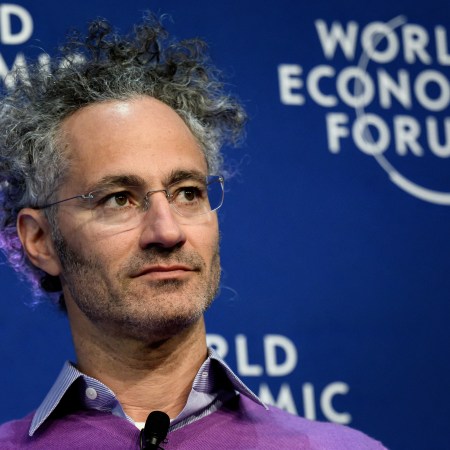Somewhere between science and spirituality beats the heart of the booming wellness trend, and somewhere closer to the latter end of that spectrum are healing crystals. A recent resurgence in new-age spirituality combined with a growing social media-driven obsession with all things that fit a certain Insta-worthy aesthetic has made crystals — believed, in increasingly widening circles, to possess spiritual and/or healing properties — a hot commodity. In a recent deep dive for The Guardian, however, journalist Tess McClure has exposed the dark underside of the crystal industry.
According to The Guardian, demands for overseas crystals and gemstones in the US has doubled over the past three years, thanks to the growing crystal craze influenced by celebrities like Gwyneth Paltrow — who recently settled an infamous misleading advertising lawsuit for claiming the vaginal egg crystals sold by her lifestyle brand Goop provided medical benefits — and Kim Kardashian, who sought solace in healing crystals after her traumatic 2016 Paris robbery. According to Pew Research Center data cited by McClure, 42 percent of US adults believe spiritual energy can be contained in physical objects such as crystals, and they’re willing to fork over the money to harness it.
While more and more people are pursuing these products in the name of wellness, however, the increasing demand for crystals and gemstones is having the opposite effect on those who actually source them. As The Guardian revealed, many crystals are mined in deadly conditions in some of the poorest countries in the world. In Madagascar, more than 80 percent of crystals are reportedly sourced “artisanally” — AKA, by small groups and families, who are paid little and face dangerous, largely unregulated conditions.
These miners risk dangers and health concerns from deadly landslides to lung disease caused by fine dust and quartz particles. The industry is also rife with child labor exploitation, with an estimated 85,000 children reportedly working in Madagascar’s mines.
While the industry remains largely unregulated, Julia Schoen, co-founder of the crystal drink bottle company Glacce, told McClure that ethical sourcing is a top priority for her company, noting that her suppliers “know that we do not want to be having our money go towards a mine that’s using child labor.”
“In an industry that has not been so regulated and maybe hasn’t had so many eyeballs on it,” she said, “there are obviously practices that most people who are purchasing crystals would not want to know about.”
Editor’s Note: RealClearLife, a news and lifestyle publisher, is now a part of InsideHook. Together, we’ll be covering current events, pop culture, sports, travel, health and the world. Subscribe here for our free daily newsletter.
Thanks for reading InsideHook. Sign up for our daily newsletter and be in the know.


















